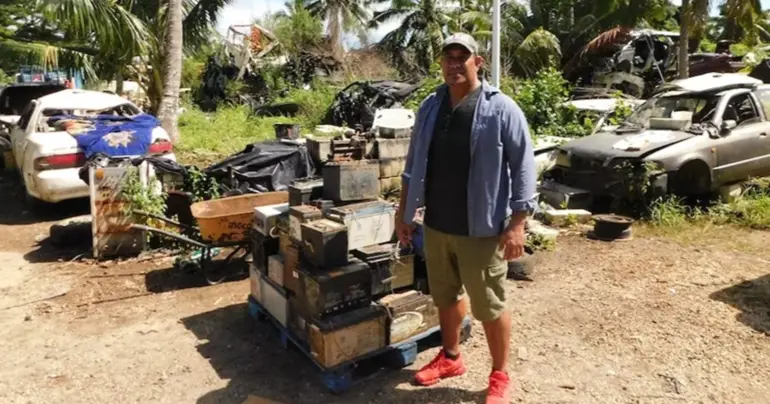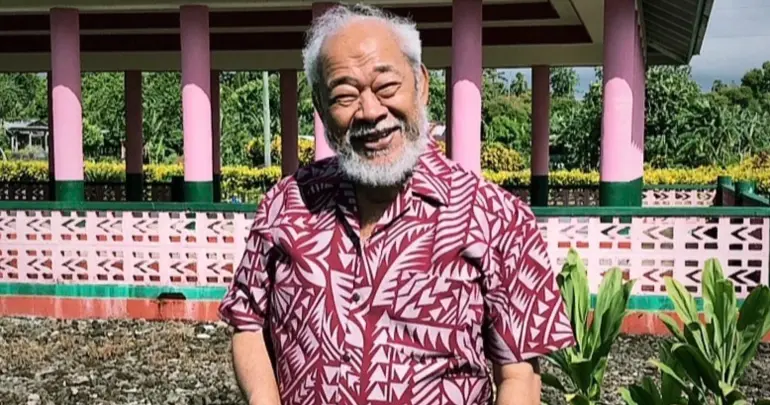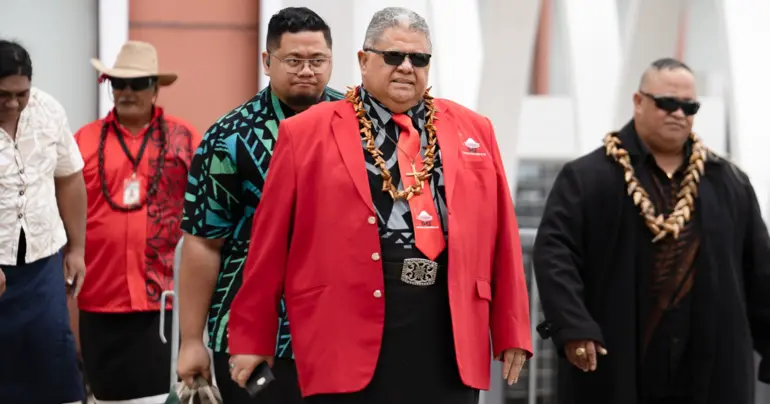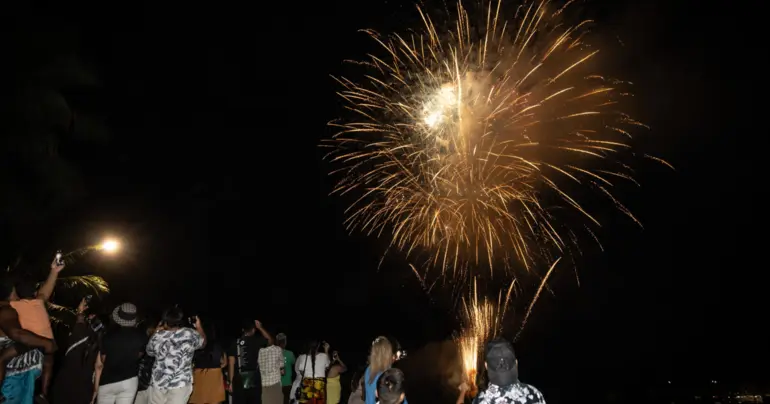Pacific children with autism and their families still misunderstood, stigmatised
Four thousand Pacific people are diagnosed with the neurological condition, but many are not getting the support they need, and advocates say more understanding is needed.
Family members supporting children with autism want more understanding and awareness of the neurological condition.
Autism Dads Support Group founder Peter Parsons says he didn't know much at first about the condition, which affects more than four thousand Pacific people in New Zealand.
Speaking to Ma’a Brian Sagala on Pacific Days, Parsons says they noticed a change in their son's behaviour when he was two and a half.
“I noticed around that age, he started pulling back, he started regressing, he stopped talking as much, eye contact sort of went.
“Back then, I didn’t know anything about autism. I’d heard of it, but I knew nothing about it, and it wasn’t until his kindergarten rung us and said ‘hey, you should probably look at getting your boy diagnosed for autism’, and I’m like, ‘OK’.”
People living with Autism Spectrum Disorder, or ASD, can have challenges with social communication and interaction, or can experience sensory overload from environments with loud noises, bright lights or fast moving objects. This month’s Autism Awareness theme is ‘Hoods Up, Volume Down’, which in the past has been supported by Tongan boxer Junior Fa, who has publicly spoken about his son who has autism.
ASD Dads founder Jordan Ikitule says many families still face judgement from the public, and more education is needed.
“There’s a lot of people who struggle to take their kids out because some people judge them and like ‘Man, that parent’s useless. Like, just discipline your kid’.
“But we have a saying about accepting our kids, learning their world, not trying to force them into our world.”
Breaking the stigma
Massey University’s Pacific Clinical Psychologist Dr Rochelle Nafatalihas based her doctoral thesis on Pacific experiences with autism, which she says still carries social judgement.
“The burden of navigating stigma and judgement, often from our own communities, really affected Pacific parents, yet the solutions are also to be found within our communities.
“Where there was acceptance, understanding, and collective unity, families thrived and all involved were better people for having an autistic family member.
“They were kinder, less judgemental, more patient, more original, more understanding, more open-minded, better communicators and better parents and teachers.”
The Samoan phrase sometimes used for autism is vaivai o la’ua mafaufau, when can be translated as “the struggles or weakness of two/double minds”. Many prefer to use the Māori translation, takiwātanga, which is understood as “my/his/her own time and space”.
Hope for a more inclusive future
Dr Nafatali’s research estimates only six per cent of Pacific families are accessing Disability Support Services.
For those who do have a diagnosis and some support, Parsons says it’s important for families supporting members with autism to rally together, combining resources and looking out for each other.
“It doesn’t matter which government’s in power, there’s never going to be enough funding, there’s never going to be enough support, there’s never going to be enough carers to help our families.
“We’re a big enough community, to be able to come together and fill some of these gaps.”
This article was first published by the Pacific Media Network.











